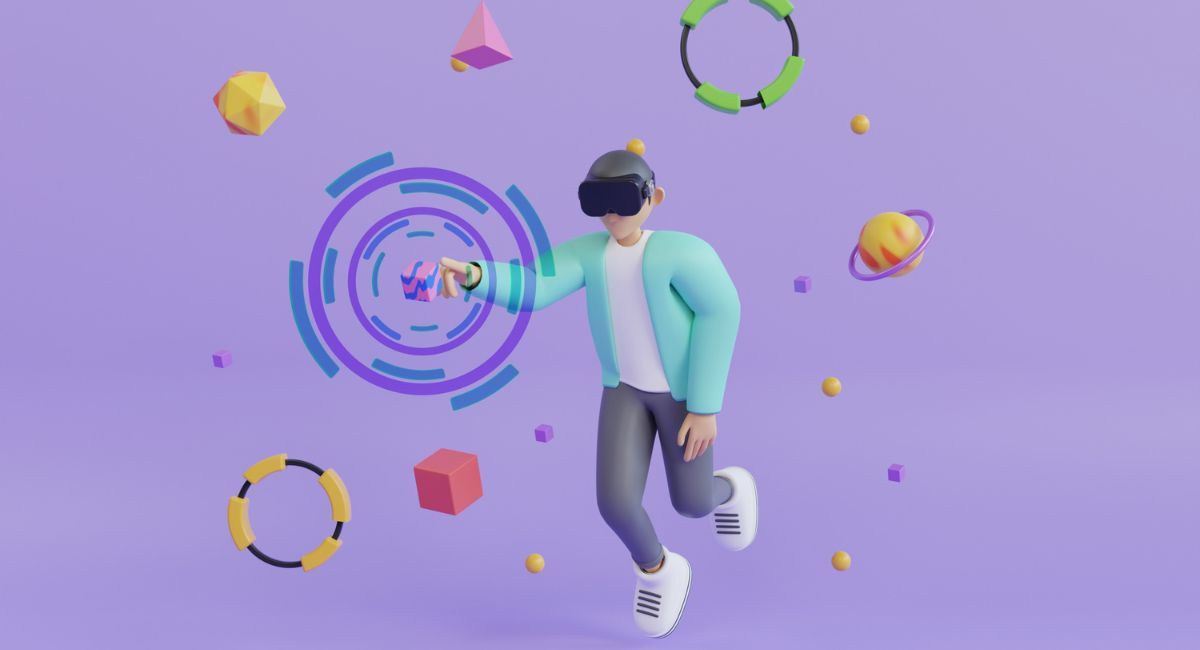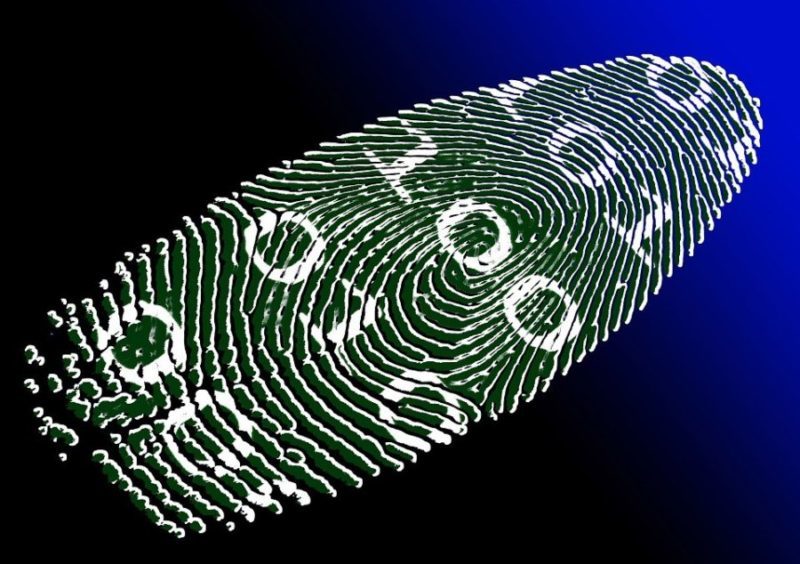A Comprehensive Guide To Paradox Metaverse
The concept of the metaverse has captured the imagination of individuals and industries alike, promising a future where digital and physical realities seamlessly intertwine. One intriguing player in this evolving landscape is the Paradox Metaverse, a platform that seeks to create an immersive and interconnected digital universe. In this comprehensive guide, we will delve into the core aspects of the Paradox Metaverse, exploring its features, potential applications, challenges, and the impact it could have on various sectors.
Understanding the Paradox Metaverse
The Paradox Metaverse is a virtual reality platform that aims to create a unified digital space where users can interact, socialize, trade, and build. At its core, the platform seeks to enable users to transcend geographical boundaries and experience shared environments in a way that blurs the lines between reality and imagination.
Core Features
- Interconnected Worlds: The Paradox Metaverse envisions a network of interconnected virtual worlds, each with its unique themes, rules, and possibilities. Users can seamlessly move between these worlds, creating a dynamic and diverse digital ecosystem. This interconnectivity encourages exploration and facilitates the exchange of ideas and experiences.
- User-Created Content: A central tenet of the Paradox Metaverse is user-generated content. Users are not only consumers but also creators, empowered to design, build, and contribute to the virtual landscapes and experiences within the platform. This democratization of content creation fosters creativity and diversity, making the metaverse a collaborative canvas.
- Virtual Economy: Like other metaverse platforms, Paradox Metaverse incorporates a virtual economy where users can own, buy, and sell digital assets, ranging from virtual land to art, wearables, and even services. This virtual economy enables users to monetize their creations and investments, creating new opportunities for entrepreneurship.
- Social Interaction: Social interaction is a fundamental aspect of the Paradox Metaverse. Users can interact with each other through avatars, communicate, collaborate, and engage in various activities, blurring the distinction between real-life and digital interactions. This social layer enhances the sense of presence and community within the virtual space.
- Immersive Experiences: The Paradox Metaverse aims to offer immersive experiences through realistic graphics, spatial audio, and interactive elements. This immersion enhances user engagement, making interactions and activities within the virtual world feel more natural and captivating.
- Cross-Platform Accessibility: The platform strives to be accessible across multiple devices, enabling users to engage with the metaverse through VR headsets, desktop computers, and mobile devices. This cross-platform accessibility ensures that users can connect regardless of their preferred hardware.
- Decentralized Architecture: The Paradox Metaverse is designed with a decentralized architecture, leveraging blockchain technology to facilitate ownership, transactions, and security. This architecture enhances transparency, ownership rights, and data security for users.
The second sports car to be released from the Paradox #ParaDealership
Medusa: Drive for the moment 🏎
Will you be driving Medusa in The Paradox Metaverse! #ParadoxMetaverse #Paradox #NFT pic.twitter.com/ltvzP4TPxJ
— The Paradox Metaverse (@Paradoxmeta_io) January 24, 2023
Potential Applications
The Paradox Metaverse holds promise across a multitude of industries and applications:
1. Gaming and Entertainment
Virtual worlds within the Paradox Metaverse can serve as expansive gaming environments, allowing players to immerse themselves in captivating storylines, multiplayer experiences, and interactive challenges. Traditional gaming experiences can be transformed, enhancing engagement and creating new revenue streams.
2. Real Estate and Commerce
Virtual land ownership within the Paradox Metaverse can open up novel possibilities in real estate. Brands and businesses can establish virtual storefronts, offering virtual experiences, products, and services to a global audience. Virtual showrooms and property tours can revolutionize the real estate industry.
3. Education and Training
The Paradox Metaverse has the potential to revolutionize education and training by offering immersive and interactive learning environments. From virtual classrooms to hands-on simulations, learners can engage with content in new and exciting ways.
4. Collaborative Workspaces
The platform’s interconnected worlds can become collaborative workspaces, enabling remote teams to work together in dynamic and engaging environments. Virtual meetings, brainstorming sessions, and teamwork can be enhanced, making the future of work more innovative.
5. Art and Creativity
Artists and creators can leverage the Paradox Metaverse to showcase their work in unprecedented ways. Virtual galleries, immersive exhibitions, and interactive installations can redefine how art is experienced and appreciated.
6. Healthcare and Therapy
The Paradox Metaverse could find applications in healthcare, providing immersive therapy sessions, medical training simulations, and support for patients dealing with mental health issues.
7. Travel and Tourism
The platform could revolutionize the travel and tourism industry by offering virtual travel experiences, allowing users to explore destinations, landmarks, and cultures from the comfort of their homes.
Also, read – Inside The Metaverse: How Hackers Sell And Trade Your Data
Challenges and Considerations
While the Paradox Metaverse holds significant potential, it also faces challenges and considerations:
1. Technical Hurdles
Creating a seamless and immersive virtual environment requires advanced technical infrastructure. From rendering graphics to ensuring smooth interactions, technical challenges must be addressed to provide a compelling user experience.
2. Content Moderation and Ethics
As with any digital platform, content moderation and ethical considerations are paramount. Ensuring a safe and respectful environment within the Paradox Metaverse is crucial to prevent abuse and create a positive user experience.
3. Digital Divide
Accessibility remains a concern, as not all individuals may have access to the required technology or resources to fully participate in the Paradox Metaverse. Bridging the digital divide is essential for ensuring inclusivity.
4. Data Privacy and Security
Handling user data within a metaverse environment requires robust data privacy and security measures. Safeguarding user information and preventing unauthorized access are critical aspects to address.
5. Monetization Models
Developing sustainable monetization models that benefit both users and creators while maintaining a thriving virtual economy is a challenge. Balancing affordability and value creation will be key.
6. Regulatory Landscape
The regulatory landscape surrounding virtual economies and interactions is evolving. Adapting to legal and regulatory changes while maintaining the open nature of the metaverse presents challenges.
7. Ethical AI and Automation
As AI-driven interactions become more integral to metaverse experiences, ensuring ethical AI practices and minimizing the risk of biases in AI interactions are important considerations.
The problem with many of these overnight “Metaverse” projects is that they don’t care to invest in the world they are building for you, seems just a cash grab, all using the same kits found online, all look like the same city. This one from “The Paradox Metaverse” pic.twitter.com/jcoVXGMZ3h
— ekim (@ekimroyrp) November 16, 2022
The Path Ahead
The Paradox Metaverse presents a bold vision of the future, where digital experiences become an integral part of our lives. As technology advances, the platform’s potential impact on industries such as gaming, real estate, education, and art is both exciting and transformative. However, realizing this vision requires collaboration, innovation, and addressing the challenges that arise along the way. Whether the Paradox Metaverse becomes a cornerstone of the metaverse landscape or sparks further evolution, its development signifies the ongoing journey toward an interconnected digital reality. As users, creators, and businesses converge within this immersive environment, the Paradox Metaverse invites us to explore the limitless possibilities of the metaverse era.
Stay informed with daily updates from Blockchain Magazine on Google News. Click here to follow us and mark as favorite: [Blockchain Magazine on Google News].
Get Blockchain Insights In Inbox
Stay ahead of the curve with expert analysis and market updates.
latest from tech
Disclaimer: Any post shared by a third-party agency are sponsored and Blockchain Magazine has no views on any such posts. The views and opinions expressed in this post are those of the clients and do not necessarily reflect the official policy or position of Blockchain Magazine. The information provided in this post is for informational purposes only and should not be considered as financial, investment, or professional advice. Blockchain Magazine does not endorse or promote any specific products, services, or companies mentioned in this posts. Readers are encouraged to conduct their own research and consult with a qualified professional before making any financial decisions.

 Bitcoin
Bitcoin  Ethereum
Ethereum  Tether
Tether  XRP
XRP  Solana
Solana  Dogecoin
Dogecoin  USDC
USDC  Lido Staked Ether
Lido Staked Ether  Cardano
Cardano  TRON
TRON  Avalanche
Avalanche  Chainlink
Chainlink  Toncoin
Toncoin  Wrapped stETH
Wrapped stETH  Shiba Inu
Shiba Inu  Wrapped Bitcoin
Wrapped Bitcoin  Sui
Sui  Stellar
Stellar  Polkadot
Polkadot  Hedera
Hedera  WETH
WETH  Hyperliquid
Hyperliquid  LEO Token
LEO Token  Bitcoin Cash
Bitcoin Cash  Uniswap
Uniswap  Litecoin
Litecoin  Pepe
Pepe  Wrapped eETH
Wrapped eETH  NEAR Protocol
NEAR Protocol  Ethena USDe
Ethena USDe  USDS
USDS  Aptos
Aptos  Aave
Aave  Internet Computer
Internet Computer  Cronos
Cronos  POL (ex-MATIC)
POL (ex-MATIC)  Mantle
Mantle  Ethereum Classic
Ethereum Classic  Render
Render  WhiteBIT Coin
WhiteBIT Coin  Monero
Monero  Dai
Dai  MANTRA
MANTRA  Artificial Superintelligence Alliance
Artificial Superintelligence Alliance  Bittensor
Bittensor  Arbitrum
Arbitrum  Filecoin
Filecoin 



